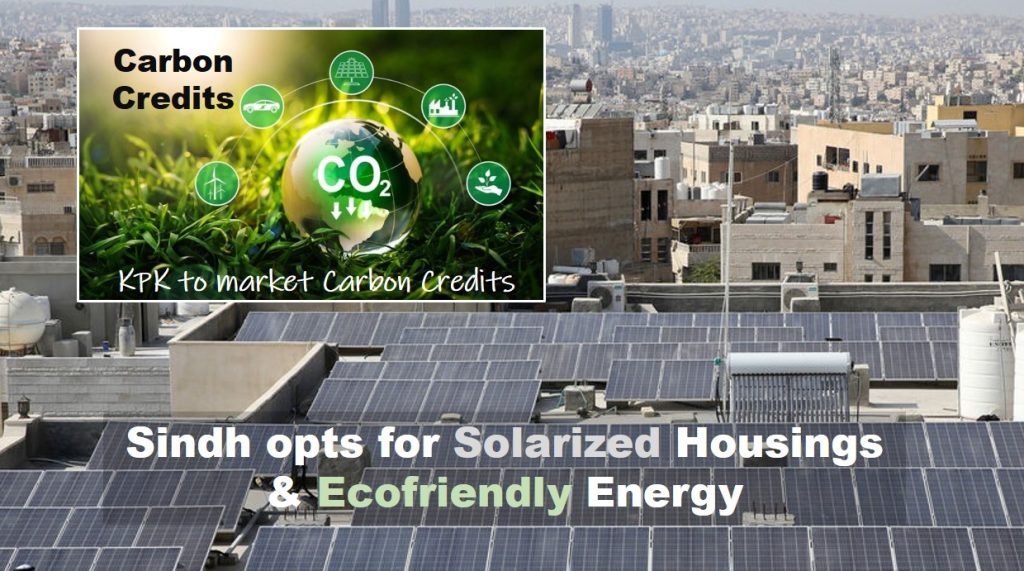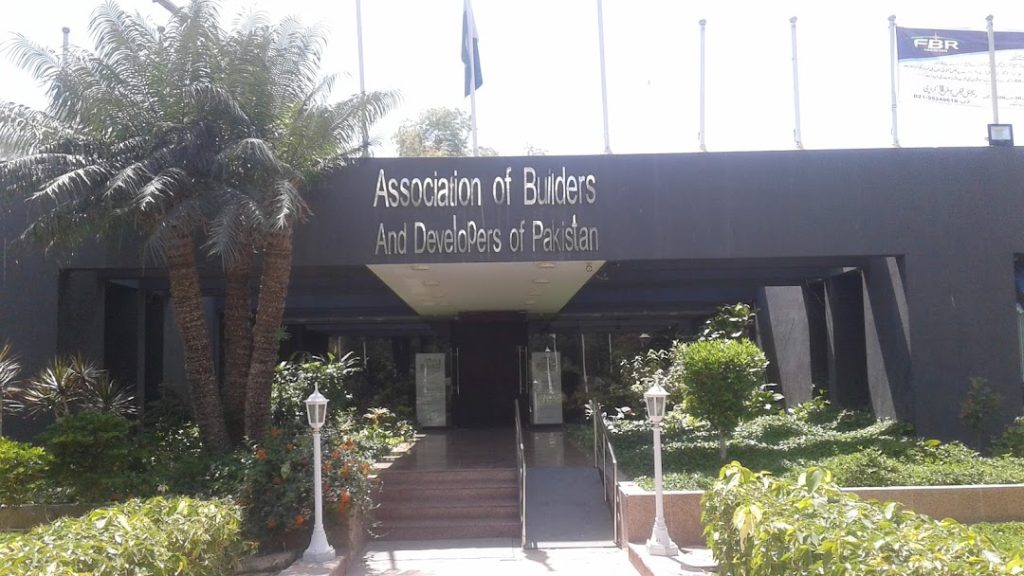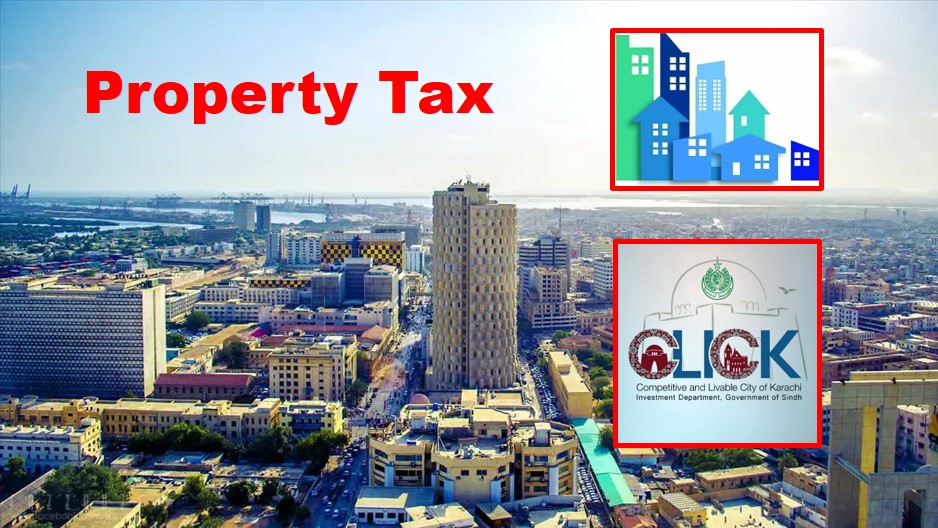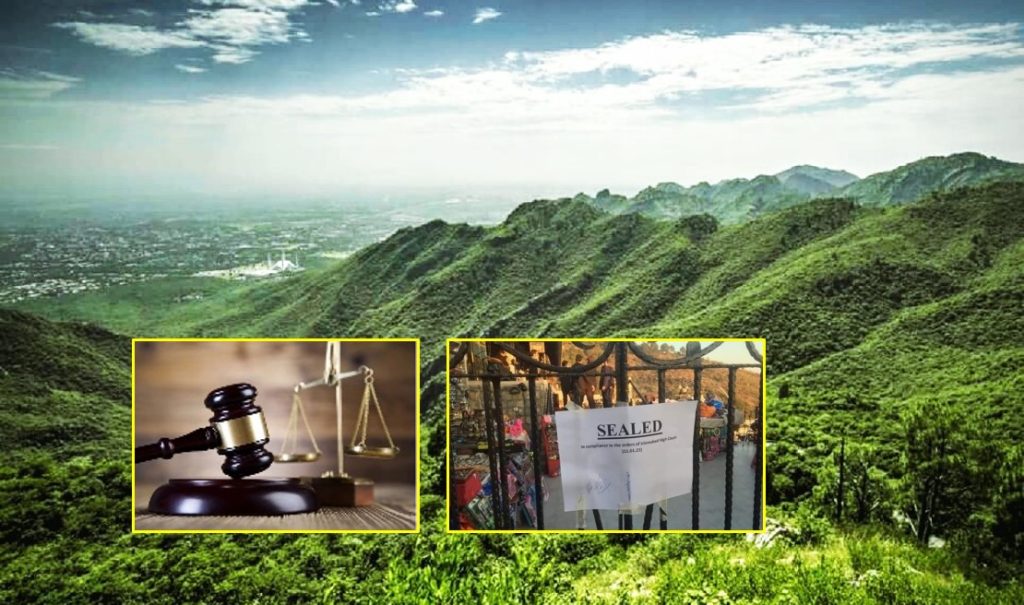4 June 2023
Sindh to avail Carbon Credits
The federal government has allowed Sindh to earn US $200-220 million (about Rs 57-63 billion) of carbon credits over the next two decades for its efforts to expand mangrove forests under Pakistan`s commitments for unconditional contribution to a global drive for reducing greenhouse gas emissions. The province claims that the Sindh Forest Department is already implementing two Indus Delta mangrove projects Delta Blue Carbon 1 and 2 in collaboration with a private entity selected by the department. Under the first project, started in 2015, about 3.1 tonnes of CO2 equivalent have been sequestered and traded in international voluntary carbon markets, generating $14.7m in revenue for Sindh. While the agreement for the second project was executed in March 2020 and its planting operations began this year. With the support and consent of the provincial government, the Sindh Forest Department has now sought a NOC from the federal government through the climate ministry to continue selling carbon credits in international voluntary carbon markets until 2042. Both projects are estimated to generate about $200 to 220m by 2043 with the additional benefits of creating green jobs and investments towards afforestation, restoration and revegetation of the mangroves.

In 2021, the Ministry of Climate Change while submitting the nationally determined contributions to the United Nations Framework Convention on Climate Change, pledged that 15% of the carbon credits generated i.e. reducing around 240 tons of carbon dioxide equivalent in the country will be Pakistan`s unconditional contribution towards the NDCs. Major sectors included in this reduction are energy, industry, forests, agriculture and transport. Besides national-level commitments by countries, the Paris Agreement for a reduction in greenhouse gas emissions allows private entities to generate carbon credits and trade them with international entities on voluntary carbon markets. These markets allow carbon emitters to offset their unavoidable emissions by purchasing carbon credits emitted by projects targeted at removing or reducing greenhouse gas from the atmosphere. It is important to mention the Khyber Pakhtunkhwa government also intended to market through the World Bank its carbon credits on account of generating clean hydel and solar power without polluting the environment.
ABAD meets Federal Finance Minister with Budget 2023-24 Recommendations
A delegation of Association of Builders and Developers of Pakistan (ABAD) has met the Federal Finance Minister Ishaq Dar this week and presented its proposals for the budget 2023-24.The delegation urged him to unveil a comprehensive package in the coming budget to attract foreign investment and strict measures to get rid of cartels. The delegation was led by Chairman ABAD Altaf Tai with other office bearers and prominent members of the association. Special Assistant on Revenue Tariq Pasha, Reforms and Resource Mobilisation Commission Ashfaq Tola, FBR chairman Asim Ahmed and senior officers also attended the meeting.

The developers’ association called for removing regulatory duty on iron and tiles in the upcoming budget, stressing that elimination this duty would result in a significant drop of around Rs 25,000 per ton in steel prices with a corresponding decrease in tile prices. One of the major demands of the association was to announce an incentive for overseas Pakistan to send their dollar money through banking channels for investments in the realty sector. The ABAD also highlighted the concern of cartelisation, particularly in the cement, iron, and tiles industries. The minister reassured the delegation that the vacant positions in the Competition Commission of Pakistan would be filled shortly to address these complaints and other related matters.
Sindh Property Tax Collection
In a bid to accelerate generating revenue, the Sindh government has planned to take stern action against owners of all industrial, residential and commercial properties who are not paying the property tax. Chairing a meeting at his office this week, Additional Chief Secretary Najam Shah said that obstacles and hurdles in collection of urban property tax would be removed immediately and taxes due on industrial, residential and commercial properties collected, besides deciding to take a decisive action against all property tax defaulters who are not paying their liabilities despite repeated notices and reminders. The Additional Chief Secretary ordered that vigilance teams should be formed to monitor the entire tax collection process and the computer generated tax challans shall be sent to the correct addresses only. He said that a strict action would be taken against any officer if found involved in any kind of corruption or irregularities.

The property tax is applicable on all residential, commercial and industrial properties located in urban areas under the Sindh Urban Immovable Property Tax Act, 1958. However, flats up to 600 squarefeet and house sup to 120 square yards are exempted from property tax provided that the said property is in the personal use of the owner. Property tax is applicable on rented property regardless ofthe area. In the subsequent meeting, it was also decided that the names and property details of such persons would be published in the media. While in the second phase, properties of such defaulters would be confiscated and auctioned as per the law.
Case of Corporate Farming Land in Punjab
The former government of Punjab signed an agreement to hand over at least 45,267 acres of land to the Pakistan Army for “Corporate Agriculture Farming” last year. As, the military`s land directorate wrote to the Punjab chief secretary, Board of Revenue and secretaries of the agriculture, forest, livestock and irrigation departments for handing over of 42,724-acre land in tehsils Kaloor Kot and Mankera in Bhakkar, 1,818 acres in tehsils Quaidabad and Khushab in Khushab, and 725 acres in tehsil Chichawatni of Sahiwal. However, the Lahore High Court on March 31 this year stopped the handover of land on a lease to the Pakistan Army for the purposes of corporate farming during the initial hearing of the petition of the Public Interest Law Association of Pakistan and noted that the army neither had the jurisdiction to directly or indirectly engage in business ventures outside its scope nor could it claim any state land for corporate agriculture farming.
This week the LHC was told that a joint venture agreement signed between the governor of Punjab through member colonies of Board of Revenue and the Pakistan Army through director general strategic projects of the General Headquarters for the corporate agriculture farming was not sustainable in the law. As “the JV should have been signed by the president Arif Alvi on behalf of the army,” argued Advocate Fahad Malik in his concluding arguments on behalf of a public interest petition challenging the handing over 45,267 acres on lease to the army for corporate farming. He also argued that the government has given an impression as if only barren or waste land had been leased out but the JV document showed that cultivated land had also been handed over to the army under the garb of corporate farming. The Public Interest Law Association of Pakistan questioned the caretaker government`s power to take the decision, which it said was also in violation of the Doctrine of Public Trust that states the government is responsible for protecting certain natural resources and cannot give them away to private citizens arbitrarily.
Illegal Societies in Islamabad
The Islamabad Capital Territory (ICT) administration has decided this week to take action against 18 cooperative housing societies operating in the city illegally. It has been decided that after giving them the last hearing opportunity next week, action will be taken against the societies for operating projects without getting their layout plans approved and obtaining no-objection certificates (NOCs). Chief Commissioner has directed the concerned directorate to provide hearing opportunities to the operators of the societies before appointing ACs as their administrators without infringing third parties rights (allottees of the societies).

In Islamabad, there are two type of housing schemes: those being operated by private firms and individuals which are fully handled and regulated by the CDA, and cooperative societies which are not owned by individuals but are properties of the allottees. Their affairs are supposed to be run by their elected management committees. The Registrar Cooperative ICT is their regulator, but the CDA approves their layout plans and the NOCs. A few days ago while hearing a case of Commerce Cooperative Housing Society, the chief commissioner, who is also the secretary of Cooperative ICT, came to know that the society was operating without having the layout plan. The Commerce Society is also accused of overselling of plots and starting development work without following rules and regulations. It has also been observed that many investors only have the files of their plots but have not been handed over possession. Upon this, the Commissioner decided to initiate action against it and overall 18 illegal cooperative societies in Islamabad.



